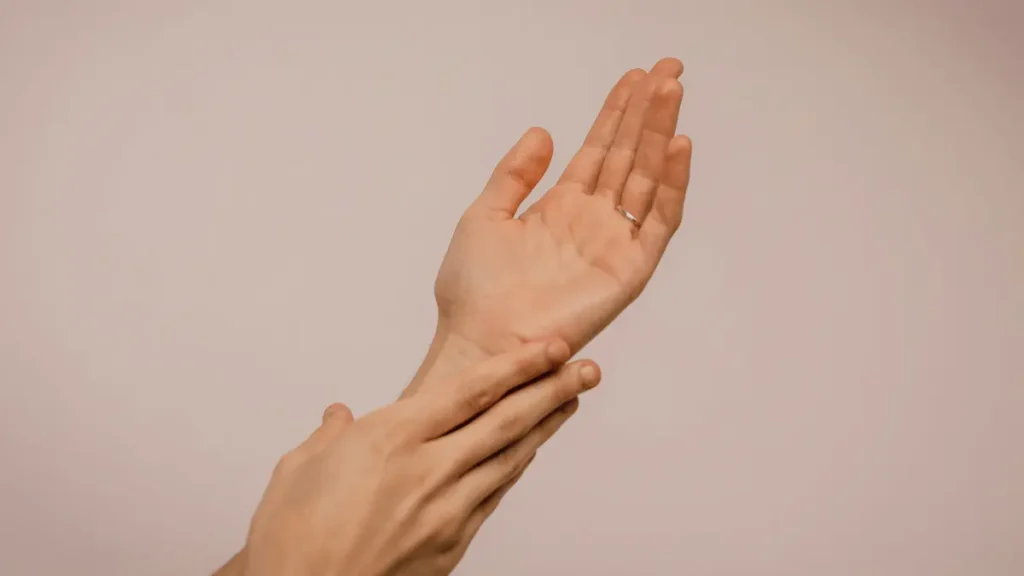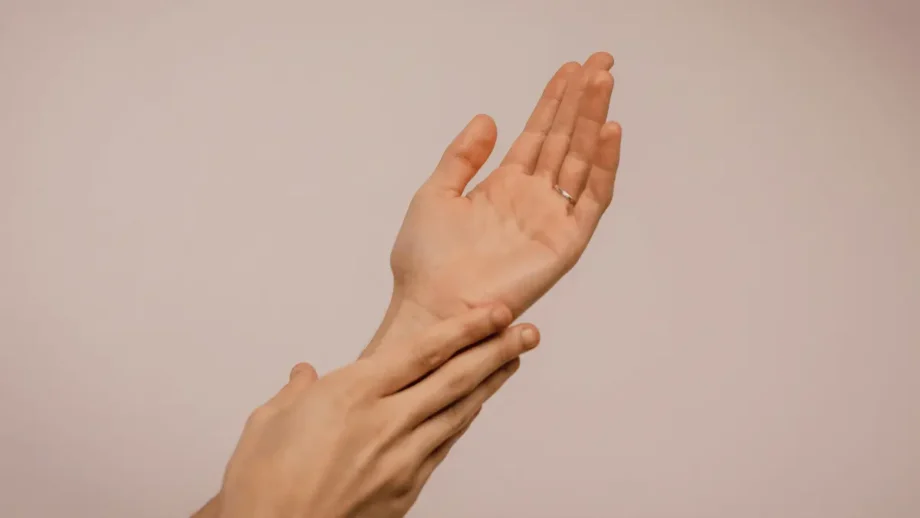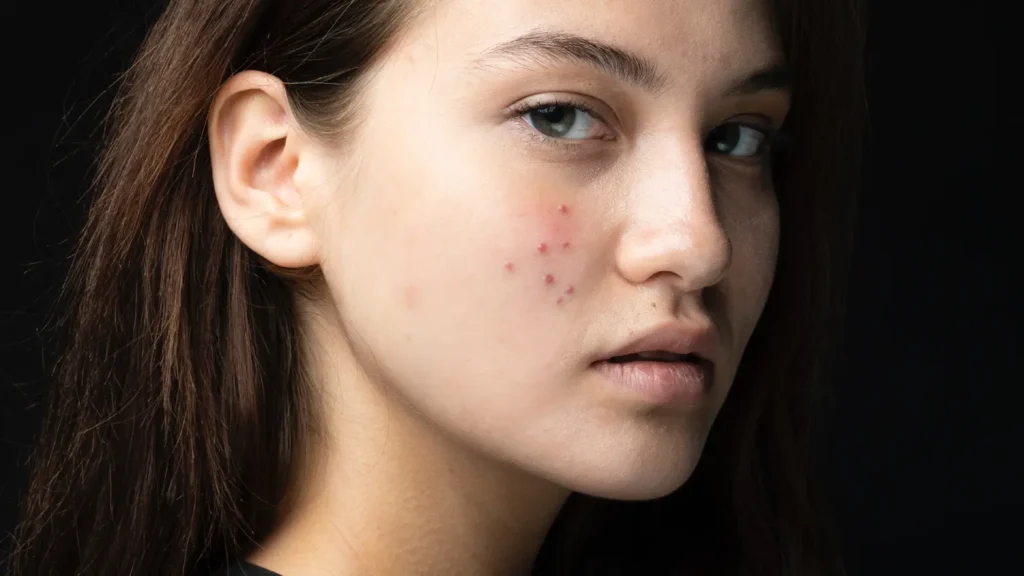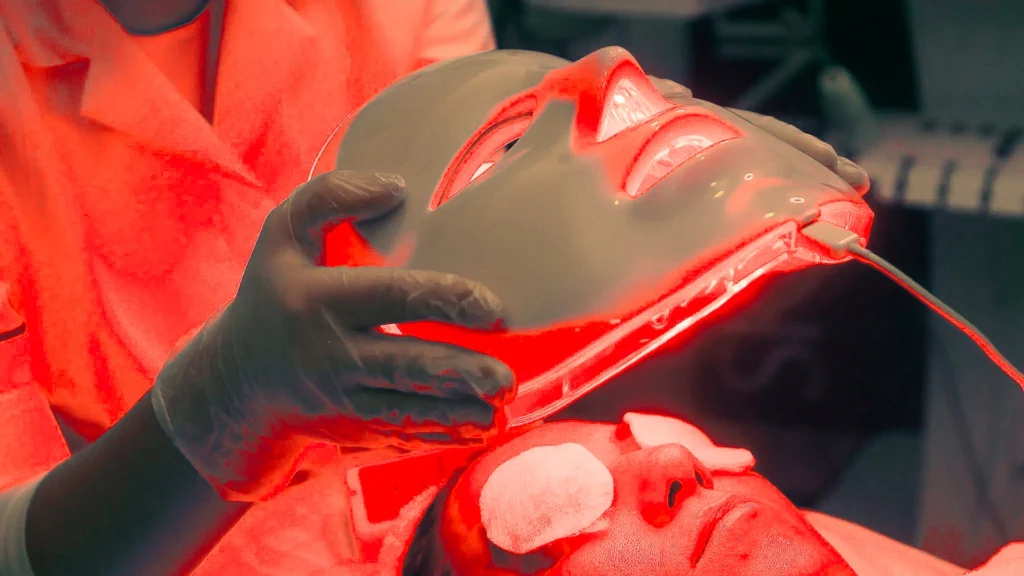Have you ever noticed that your skin turns white or pale when you touch it, particularly when you press down on it? This can be surprising if you haven’t experienced it before or don’t know what causes it. However, this is a normal physiological response that happens to many people. In this blog, we’ll explore why your skin turns white when you touch it, what it means, and how to keep your skin healthy.
Why Your Skin Turns White When You Touch It
The whitening of your skin when you touch it, particularly when you press down on it, is known as the blanching response. This happens because the pressure applied to the skin causes the blood vessels in that area to constrict, temporarily reducing blood flow. This decrease in blood flow makes the skin appear white or pale.
Once you release the pressure, the blood flow returns to the area, and your skin returns to its natural color. This reaction is part of your body’s natural response to changes in pressure and blood flow.
Common Causes of Skin Blanching
While blanching can occur with simple touches, there are other situations where it might be more noticeable:
- Skin Irritations: If your skin is irritated due to an allergy, injury, or infection, you may notice more significant blanching when you touch it.
- Cold Temperature: Exposure to cold can cause your blood vessels to constrict, leading to a blanching effect when you touch your skin.
- Poor Circulation: Conditions that affect circulation, such as Raynaud’s disease, may cause your skin to blanch when exposed to cold or pressure.
- Medications: Some medications may affect blood flow or circulation, leading to blanching.
Skincare Tips for Healthy Skin
While skin blanching is usually harmless, it’s important to take care of your skin and be mindful of any other symptoms that might suggest a more serious condition. Here are some skincare tips to keep your skin healthy:
- Stay Hydrated: Proper hydration helps keep your skin supple and resilient. Drink plenty of water throughout the day.
- Moisturize Regularly: Use a moisturizer that suits your skin type to keep your skin hydrated and protected from environmental factors.
- Protect from the Sun: Wear sunscreen every day to protect your skin from harmful UV rays and prevent damage.
- Consult a Dermatologist: If you notice any unusual changes in your skin, such as prolonged blanching, discoloration, or other symptoms, consult a dermatologist for a professional opinion.
The temporary blanching of your skin when you touch it is a normal response to changes in pressure and blood flow. While this is typically harmless, maintaining healthy skin through proper hydration, moisturizing, sun protection, and avoiding irritants is important. If you have any concerns about your skin or experience other symptoms, don’t hesitate to consult a healthcare professional for advice. By taking good care of your skin, you can keep it healthy and vibrant for years to come!

This article is brought to you by

Learn More ⭢



